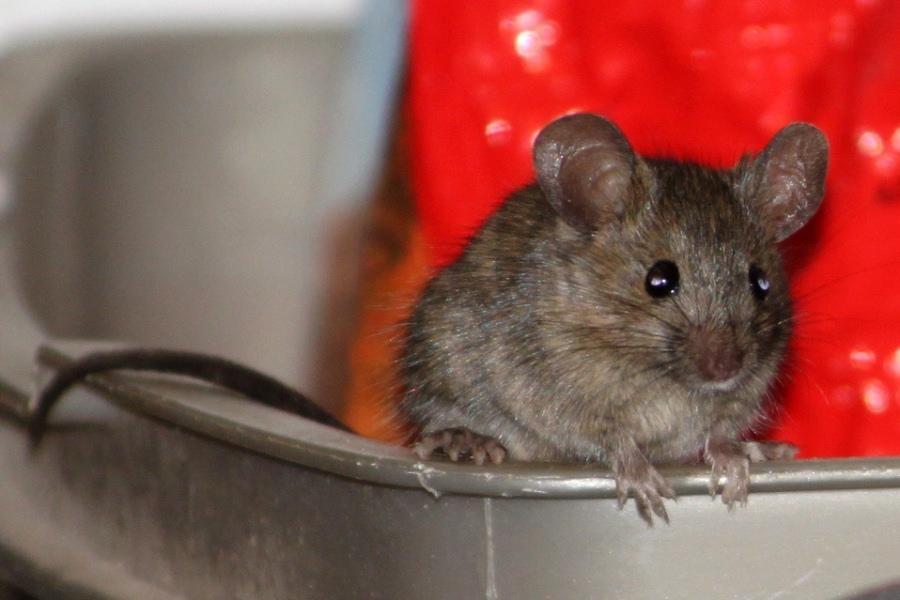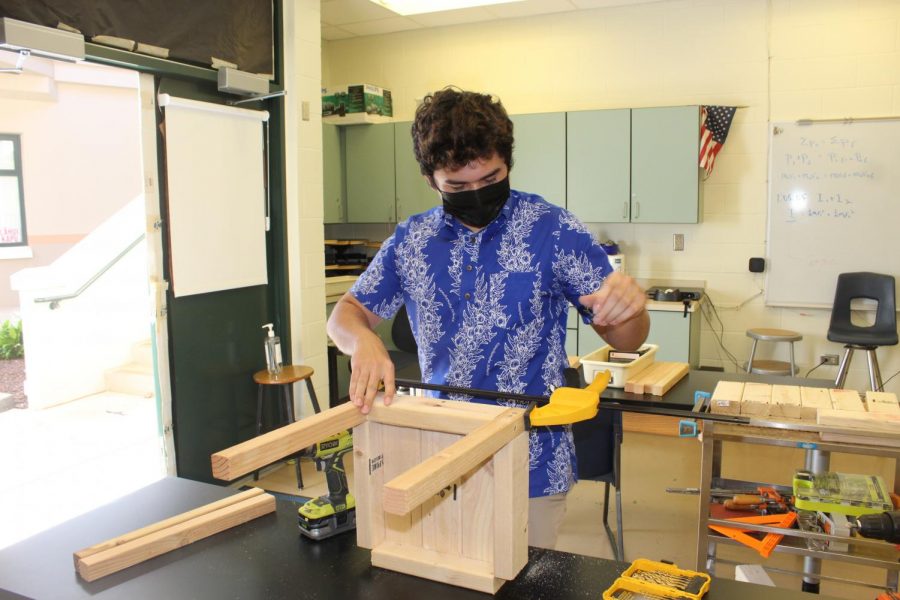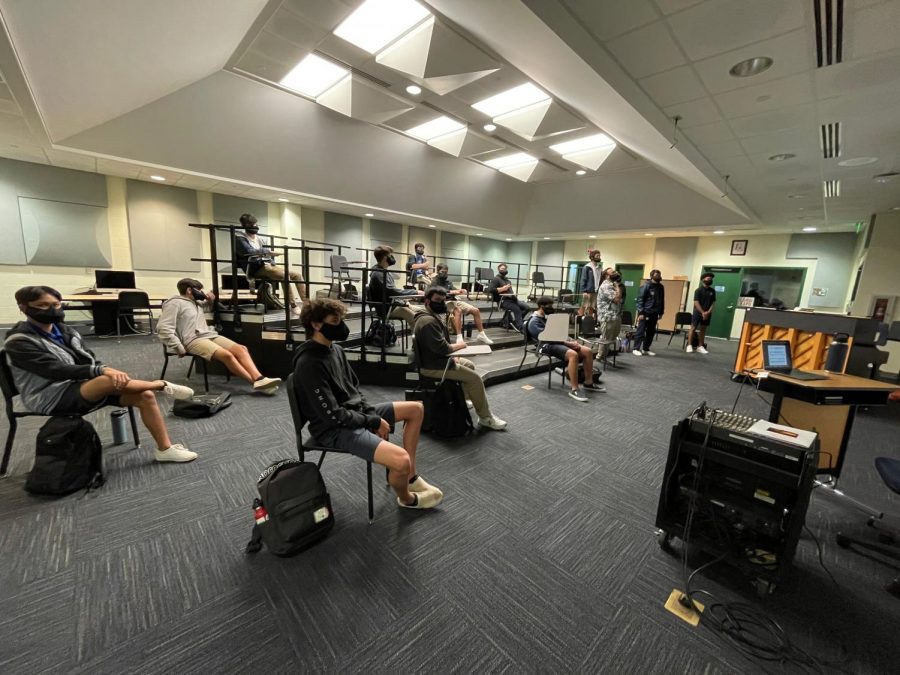Visual arts teacher Ms. Angie Abe entered her classroom one morning at the beginning of the school year, not anticipating the surprise that awaited her. A pair of black, furry creatures sat in the corner of her room staring up at her, equally surprised. It took her only seconds to realize what the culprits were: mice.
“I closed the doors, called operations, and within an hour the mice were caught,” Mrs. Abe said.
Mice became an issue this summer for Maui residents when they began noticing a drastic increase in the amount of mice in and around their property. Hawaiian and ‘ukulele kumu Kalei ‘A‘arona-Lorenzo is among those who have been affected.
“I would say over a month we caught probably over forty mice,” said Kumu Kalei, who used paper glue traps to catch the mice invading her home before calling Terminix to help with the problem.
“I felt like I was cleaning the house literally every night. It made me mad because the house is brand new,” Kumu Kalei said.
The mice were eating dry foods in her cupboards such as oatmeal, cocoa packets, granola and saimin.
“We ended up wrapping all of our dry goods,” Kumu Kalei said.
According to her, mice have also been commonly seen around campus hiding in the shrubbery.
Donald Taketa, Supervisor of the Vector Control Branch of the Hawai‘i Department of Health on Maui, said that the problem is seasonal.
“We had a wet winter and spring, and because of the rain there’s a lot of grass and, more importantly, grass seeds,” Mr. Taketa said. According to him, mice feed primarily on grass seeds. The more food there is for the mice, the more they can multiply.
On Maui, ranch land is surrounded by housing subdivisions. Homeowners are beginning to notice mice in and around their homes because now that the weather is drier, there is no food left in the ranch land for the large population of mice that sprang from earlier seasons.
These mice are branching out to those surrounding subdivisions, whose lots are overgrown with grass and other plants because of all the rain Maui experienced over the last year, Mr. Taketa said.
Vector Control’s purpose is to control and prevent the spread of organisms that transmit infectious agents and diseases.
In 2009, The Vector Control Branch on Maui was hit with a reduction in force in which 6 of their 8 employees were laid off.
“There is an effect because there are only two of us in the office, so we can’t do much,” Mr. Taketa said.
Homeowners now have to take responsibility for controlling and preventing the spread of vectors on their property.
A vector is any type of organism that can carry and transport infectious viruses and diseases to and from humans.
Mr. Taketa said that steps that people can take to do this include keeping their property free of harborage, not leaving any small places for them to hide, keeping their grass short, not piling anything on the ground, and feeding animals only enough food for one meal.
Operations Team Leader at Kamehameha Schools Maui Mr. Edwin Torres agreed that a part of the problem is how people dispose of food products into trash bins and other receptacles.
“We are creatures of habit the same way they are,” Mr. Torres said.
This article originally ran in our 9/23/11 print edition. Changes from that original version have been italicized.







